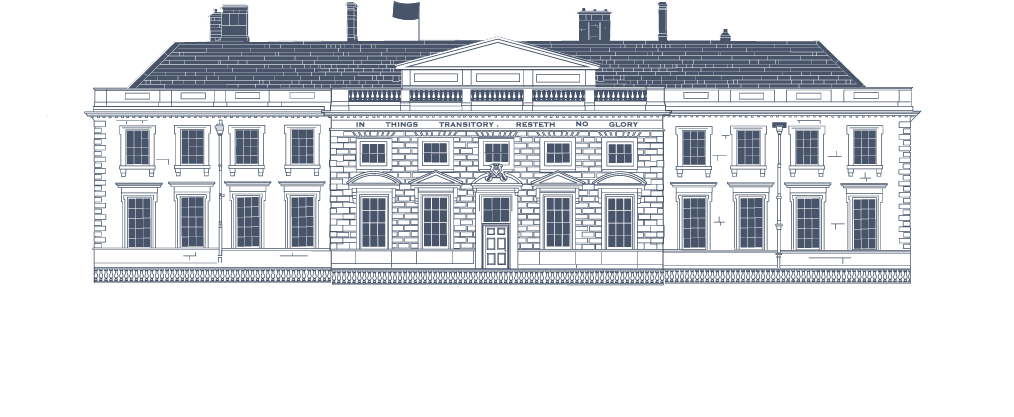Estate & Farmland
The work of the Preservation Trust is supported by operations of the wider estate, which includes three let farms, a portfolio of residential property in Lamport and Hanging Houghton, a small forestry enterprise and a farm of around 1,500 acres which is managed in-house.
The farm is run on firm conservation principles and it has recently been accepted into a new Higher-Tier Countryside Stewardship Scheme. This new initiative will build upon a previous highly successful scheme which had run for ten years and will see a wider range of new conservation projects including the creation of new woodlands and water bodies, two natural flood management programmes which will protect dwellings and businesses further downstream, the restoration of three medieval fish ponds, the creation of a new Parkland Management Plan and the restoration of an oak avenue across the Old Park, additional conservation strips to benefit insects, bees and birds and improved surface water management across the farm to reduce soil erosion. The historic grassland on the estate is carefully managed, much of it being grazed, sensitively, by locally reared sheep and semi-native British cattle.
Crops grown across the estate include wheat, barley, oilseed rape and linseed. Cover crops are used to return natural nutrition to the soil and in-house farming techniques continue to evolve to minimise the amount of machinery damage to the soil, improving the soil structure and increasing microbial activity and worm counts in the soil.
Working closely with Natural England with the support of a dedicated local volunteer, this conservation work provides benefits to a wide range of wildlife and regular monitoring is undertaken to record species observed on the farm. Out of 59 species of butterfly found across the UK, 25 have been seen on the estate. There are more than 70 nesting boxes, the majority of which are occupied by nesting birds annually. The estate is home to a number of owls and birds of prey including a number of pairs of Red Kites.
A drive to embrace sustainable energy technology, whilst respecting the sensitivity of the beautiful landscape surrounding the estate, has resulted in the installation of a biomass boiler which provides sustainable heat and hot water to the hall. Discreet solar panels on the farm’s grainstore provide a renewable source of electricity. When cottages on the estate are refurbished, they are equipped with additional insulation and efficient boilers and fitted appliances. Water for irrigating the gardens is provided seasonally from collected rainwater.
Lamport is proud of its links to education and collaborates with a number of universities around the country on topics as diverse as building and heritage conservation, historic curation and preservation or art and artifacts, traditional skills, music and culture, agricultural research and nature conservation. The in-house farm also has a programme of educational visits for a diverse range of ages and covering a variety of curricula.
